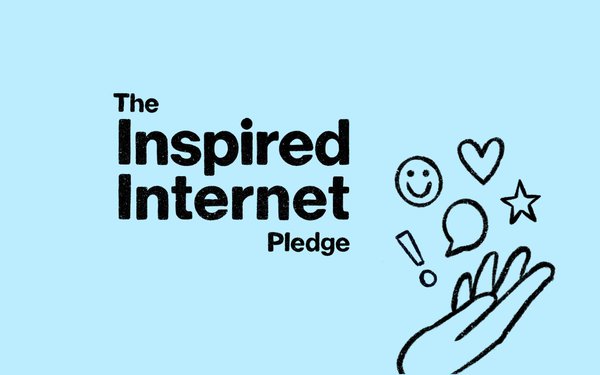
Pinterest is collaborating with the
Digital Wellness Lab at Boston Children’s Hospital to take part in the “Inspired Internet Pledge,” a call to action for tech companies to unite with the goal of making the internet a
safer and healthier place for young people.
“Around the world teens are experiencing a mental health crisis and the role social media platforms play is being closely examined,”
Pinterest wrote in a blog post, calling attention to recent studies depicting the worsening mental health climate among young people and social media's potential influence.
“We don't
have enough evidence to tell parents to get rid of a particular app, or cut it off after a particular number of hours,” Sophia Choukas-Bradley, a psychologist and director of the Teen and Young
Adult Lab at the University of Pittsburgh, told The Times.
advertisement
advertisement
The Centers for Disease Control and Prevention (CDC) has discovered a noticeable increase in reports of teen girls in
mental-health crisis, with nearly three in five U.S. teen girls saying they feel persistently sad or hopeless in 2021 -- a 60% increase over the past decade.
Pinterest mentions concerns around
the negative impact of social media expressed by the latest health advisory from U.S. Surgeon General Vivek Murthy, who urges action to gain a better understanding of its full impact.
“The Inspired Internet Pledge offers a framework for companies to take meaningful, measurable actions to support positive mental and emotional wellbeing outcomes both on and offline,”
Pinterest states, adding that it believes a healthy digital ecosystem is maintained “when businesses, thought leaders and issue experts join together.”
In order to understand and
promote positive and healthy digital media experiences, the Digital Wellness Lab at Boston Children’s Hospital is dedicated to developing an evidence base for digital wellness by conducting,
translating, and distributing research on the overall effects of technology and interactive media use on young people.
A New York Times article last week shed light on how little
research there is to show how sites, apps or features of social media specifically impact users’ mental health.
“Each signatory will create its own supplementary addendum to the
pledge that describes the specific actions it will take to implement the pledge principles in ways relevant to the realities of their platform,” the social media network says. “These
company addendums will be managed by the Digital Wellness Lab and made public to hold signatories accountable to their commitments.”
Pinterest says advertisers, along with issue experts
and non-profit collaborators, can participate as well by putting out a statement of support for a healthier internet for young people.
“To build a better internet for our better
selves, emotional wellbeing has to be a real, measurable result, and the standard for the entire industry,” says Pinterest CEO Bill Ready.
So far, Pinterest is the first signatory and
partner on the pledge.